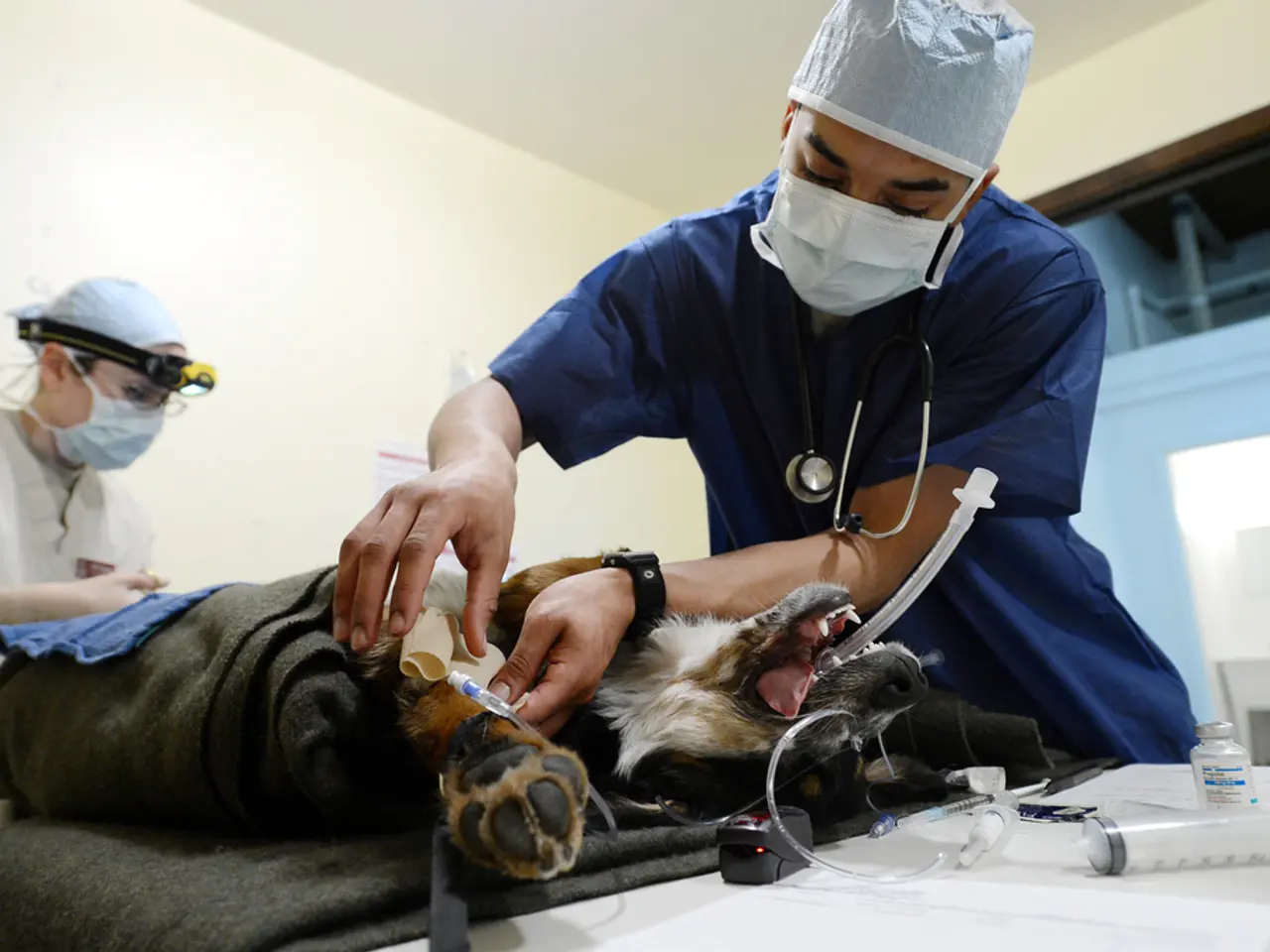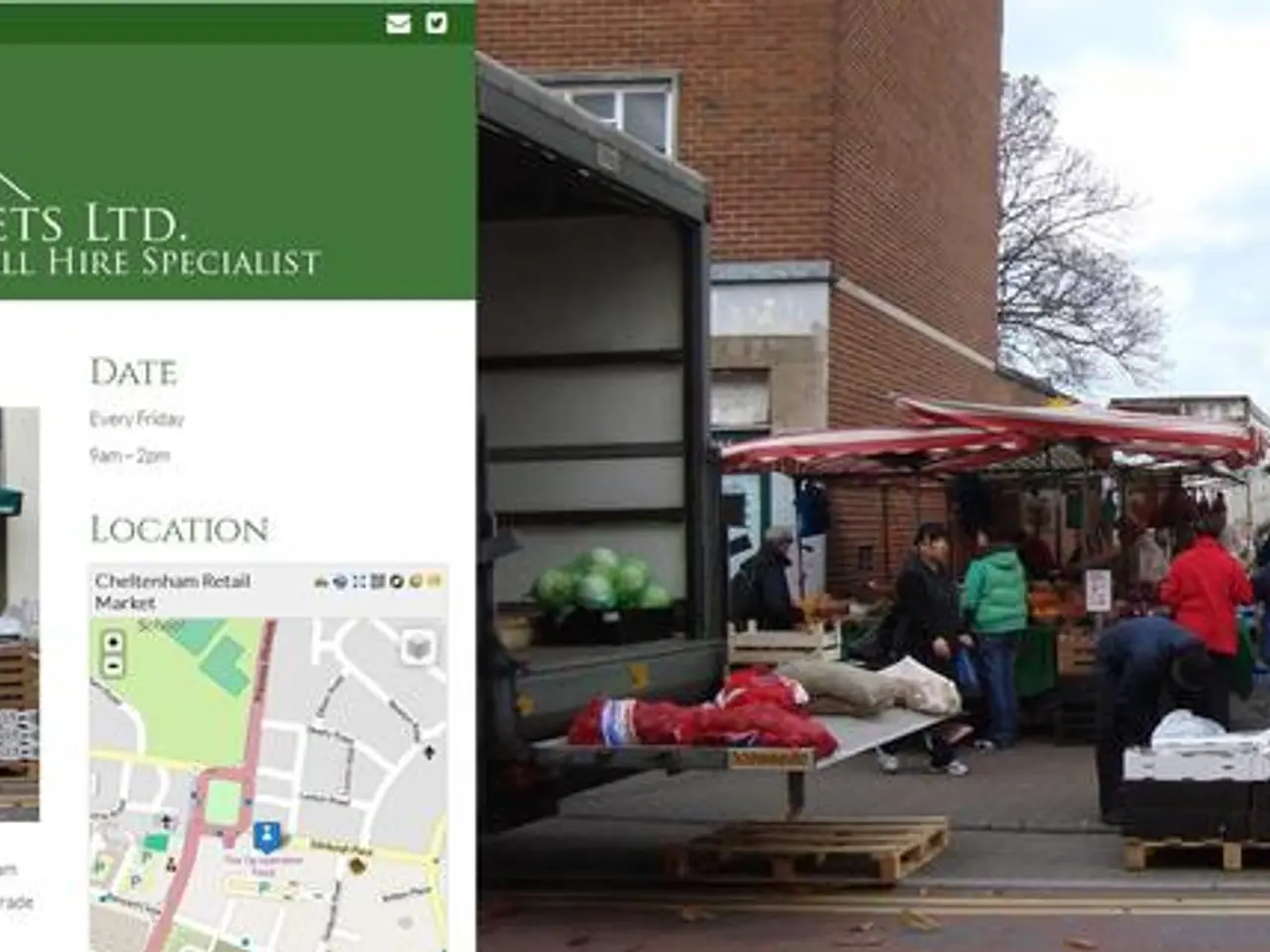Significant financial burdens incurred for further mask expenditures
The ongoing parliamentary inquiry in Germany is focusing on the mask procurement decisions made during the COVID-19 pandemic, particularly those of former Health Minister Jens Spahn. The inquiry is examining financial mismanagement, missed distribution strategies, and the destruction of a significant number of masks[1][4].
The Federal Court of Auditors has reported that approximately 5.8 billion masks were purchased for around EUR 5.9 billion, but only 1.7 billion were distributed domestically. This leaves 800 million masks still in storage, with associated excessive costs continuing into 2025 and beyond[1]. The inquiry is also investigating the lack of a distribution concept for the remaining masks[1].
The legal disputes revolve around a procurement method used in 2020, where fixed high prices were agreed without further negotiations, leading to suppliers filing lawsuits. As of now, around 100 lawsuits with a total claim value of 2.3 billion euros are pending[1].
The ministry expects risks of up to 120 million euros from contract cancellations for direct purchases in 2025. In addition, for 2026 and 2027, expenses of 67.3 million euros are expected for storage, logistics, disposal, external consulting, and legal consulting[1]. For 2025, follow-up costs of 45 million euros are planned.
The report by special investigator Sudhof, which was previously partly illegible, has been made public unredacted. From the point of view of the Greens and Left, it shows that Jens Spahn was closely involved in the mask deals[1].
The Union, however, believes that a parliamentary inquiry staffed only with politicians is a classic instrument of the opposition. The Union has rejected a parliamentary inquiry into the mask deals[1]. In contrast, the Greens and Left have called for a parliamentary inquiry committee into the mask deals[1].
The black-red coalition is planning a parliamentary committee of inquiry on the Corona period, according to Steffen Bilger (CDU)[1]. Nina Warken (CDU) has justified the blackouts in the report with reference to ongoing processes and confidentiality obligations[1].
Meanwhile, Jens Spahn has decried malicious accusations in the debate surrounding his person and asked for his actions to be evaluated in the context of the then emergency[1][4]. Green parliamentary group leader Irene Mihalic criticized the SPD for potentially standing up for Spahn and against the minority rights of the parliament[4].
The parliamentary pressure on Spahn includes calls from opposition members, such as Es Schdtner of the Left Party, who has demanded Spahn’s resignation from his parliamentary leadership role within the ruling CDU/CSU bloc due to his handling of public funds[4].
This investigation remains a critical aspect of German parliamentary oversight of COVID-19 crisis management. The outcome of the inquiry is eagerly awaited by the public and the political landscape in Germany.
- The ongoing parliamentary inquiry in Germany, centered on the mask procurement decisions during the COVID-19 pandemic, extends to aspects of business, finance, and politics, as it investigates allegations of financial mismanagement, missed distribution strategies, and extensive mask storage.
- The legal disputes associated with the mask procurement process of 2020 have implications for the industry and general news, as around 100 lawsuits with a total claim value of 2.3 billion euros are pending, concerning the fixed high prices agreed upon without further negotiations.
- The black-red coalition's plan for a parliamentary committee of inquiry on the Corona period, as suggested by Steffen Bilger (CDU), encompasses not only the healthcare industry but also crime-and-justice matters, as the investigation aims to uncover potential misconduct in the handling of public funds.




